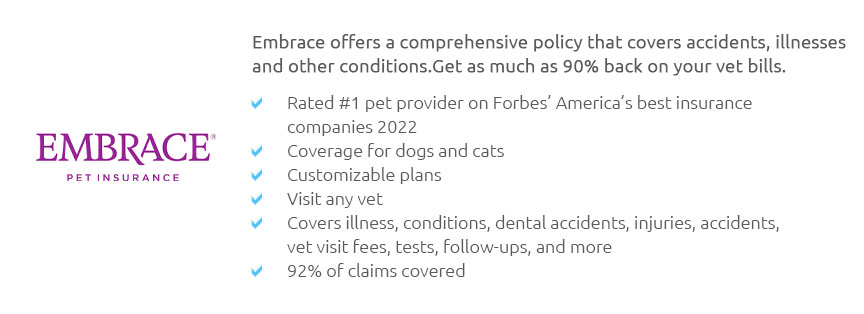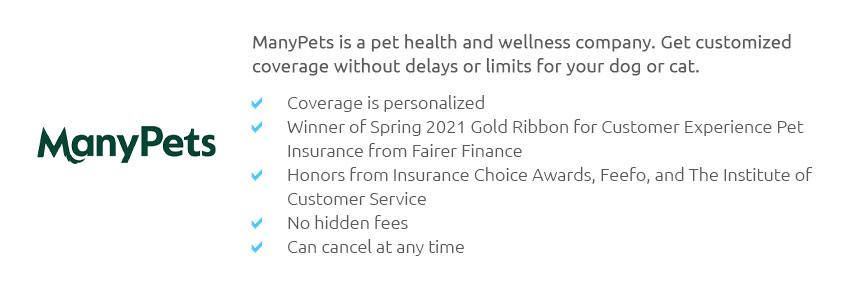 |
 |
 |
 |
 |
 |
|
 |
|
 |
|
 |
|
 |
|
 |
 |
 |
 |
 |
 |
 |
 |
Pet Insurance for Older Dogs: Reviews and InsightsAs our beloved canine companions age, their healthcare needs often become more intricate and demanding. The advent of pet insurance has transformed the way pet owners approach veterinary care, particularly for older dogs. The purpose of this article is to explore the nuances of pet insurance specifically tailored for senior dogs, scrutinizing reviews and offering valuable insights into making informed decisions. In recent years, pet insurance has gained considerable traction among pet owners, with many seeking the peace of mind that comes from knowing they can provide their aging pets with the best possible care without the burden of exorbitant costs. Older dogs, much like humans, face a myriad of health challenges as they age, ranging from arthritis and dental issues to more serious conditions like heart disease and cancer. Before diving into the reviews, it's crucial to understand the core benefits of securing insurance for your senior pet. First and foremost, having a policy can significantly alleviate financial stress in the face of unforeseen medical emergencies. Additionally, many plans offer coverage for routine care, which is indispensable in maintaining your dog's overall health and well-being. When evaluating pet insurance plans for older dogs, there are several key factors to consider. Coverage options vary widely, with some plans offering comprehensive coverage that includes everything from accidents to hereditary conditions, while others might have more limited scopes. Reading reviews from fellow pet owners can provide a wealth of information about the real-world performance of these plans. Many pet owners appreciate companies that offer customizable plans, allowing them to tailor coverage to meet the specific needs of their senior dogs. One common theme in reviews is the importance of transparency in terms and conditions. Pet owners consistently express their preference for insurers who clearly outline what is covered, what isn't, and any limitations that might apply. Furthermore, the ease of filing claims and the responsiveness of customer service are frequently highlighted as critical components of a positive insurance experience. Another aspect that emerges in reviews is the cost of premiums, which can be higher for older dogs due to the increased risk of health issues. However, many find the investment worthwhile, particularly when faced with potentially debilitating veterinary bills. Some insurers offer discounts or loyalty programs, which can be a deciding factor for cost-conscious pet owners. In conclusion, while pet insurance for older dogs can be an invaluable asset, it requires careful consideration and research. Reading reviews and comparing different plans can provide crucial insights, helping you select a policy that offers the right balance of coverage, cost, and customer satisfaction. FAQ Section
https://www.businessinsider.com/personal-finance/pet-insurance/best-pet-insurance-companies-for-older-dogs
Figo Pet Insurance: Best for 100% Reimbursement. Figo stands out because it offers the option to cover 100% of qualified expenses, something most other insurers ... https://www.reddit.com/r/petinsurancereviews/comments/1gh98eg/pet_insurance_for_older_dogs/
The main problem you will run into is pre existing conditions. It's unlikely your pet has made it to 16 years without some health conditions. https://www.quora.com/What-is-the-best-pet-insurance-for-older-dogs-with-pre-existing-illnesses
When you have a senior dog or a puppy is when the insurance is most worth it. You get the lowest rates when they're a puppy, and it often stays ...
|